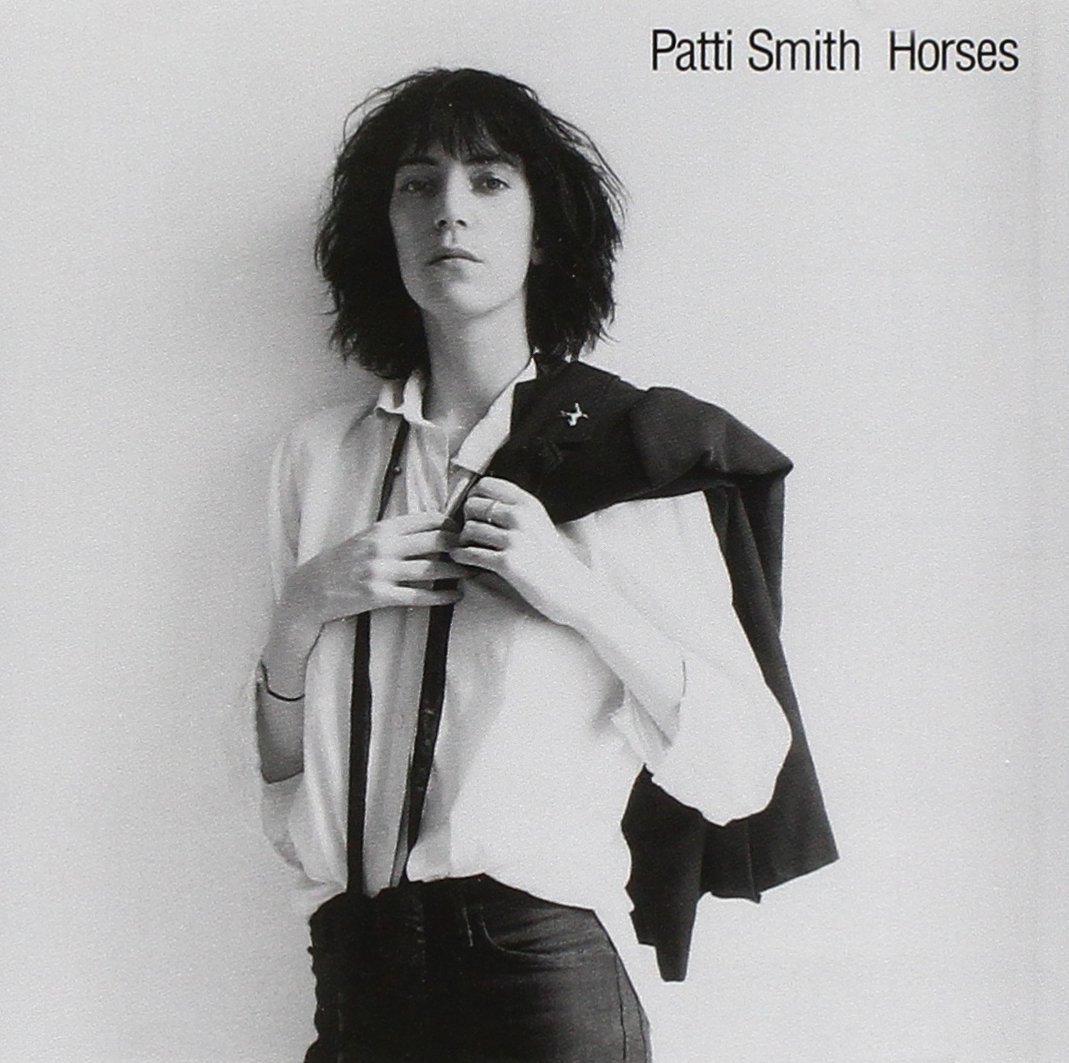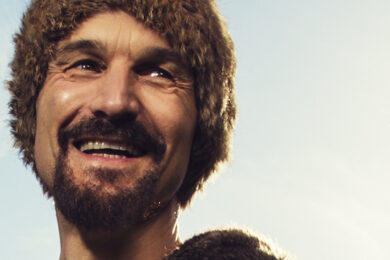1. Patti SmithHorses

This is by far the most important record for me. I heard it when I was 16. I was in a boarding school for boys, which was like a Victorian prison. One evening, I was told by the housemaster – who hated me – to take a phone call. It was my mum, who tells me that my dad was on the verge of dying and was having an operation that night. The operation may save him, but he is old and he might not wake up from the anaesthetic. I am told that I couldn’t go home and that I just have to wait it out.
At ten o’clock, the boarding school have ‘lights out’. I am lying on my bed, in a state. I’m not going to be able to sleep, so I sneak through the corridors, down through the study to the one thing that redeems my life, which is the stereo system. Horses is there and I have no idea why I put it on.
The first track I play [‘Birdland’] is about a father dying, and a long, black funeral car and a boy standing watching. It is a nine-minute improvisational piece about Wilhelm Reich dying and his son, Peter, helping his father through the death process. This song shook me to the core, partly because it was improvised – it has no structure of verses or a chorus – and is just this rambling poem of desperation and longing.
I think, from that moment on, I subconsciously knew I wanted to be a singer. I wanted to be somebody who could write a song that a boy or girl 5,000 miles away could hear and be moved so much that it would change his or her life. Therefore Horses became my template, probably by chance, because something so powerful happened to me on the night I first heard it. I then bought tickets to see her play and my parents banned me from going. I had to run away from home to go and see her show, and I was quite a good boy, so it was an unusual act for me.
I had a couple of amazing things happen later in my life. Lenny Kaye, who had been a guitar player in her band, became the godfather to my eldest son. He also produced James’ first record [Stutter]. Then, after Patti had been retired for a while, Lenny rang me from Detroit and told me that Patti was going to do her first gig in 15 years. He said that she might play for ten minutes or two hours. It was a wake as her husband and brother had just died. I flew to Detroit and I sat in front of her with about 150 people in a church, while she sang and read poetry, whilst crying, for three hours. It was her first gig in 15 years and afterwards I carried her guitar to the car and sat next to her and we talked. After that concert, I needed nothing more from Patti Smith. It had come the full circle of the apprentice sitting with his teacher.
In fact, I did get more from her. She curated the Meltdown festival. She invited me to sing one night – it was a night of singing songs about lost children. I was the only man singing on that night. I sang with Tilda Swinton, Kristin Hersh of Throwing Muses, Tori Amos, Sinéad O’Connor, Yoko Ono, Marianne Faithfull and Patti Smith. It was one of the most incredible musical nights of my life. I got to play with the great icons of the last 20 years – the women who have changed what it is like to be a woman in rock & roll on every level. It was a great honour and quite awe-inspiring. It completed the completion.
No other album comes close to Horses. I became a singer three years later because of Horses. It is why I write songs that are naked and that wish to reach out and change people’s lives, rather than any of the other million reasons people become singers.


